Twenty traits of a top technician
 If you’re a tech, these are the top twenty traits and work habits you should aspire to. If you’re a service manager or service advisor, this is what your techs should be doing every day.
If you’re a tech, these are the top twenty traits and work habits you should aspire to. If you’re a service manager or service advisor, this is what your techs should be doing every day.
20: Protect fragile painted and plated parts by wearing mechanic’s gloves, using tank and fender covers, removing belt buckles, jewelry and chain drive wallets, polishing the sharp edges on your flat-blade screwdrivers and placing chromed and painted parts shiny-side-up in soft containers like plastic bins or trays.
19: Attach tie downs to vehicles to prevent them from falling off the lift.
18: When changing oil, leave dipstick/oil cap on a paper towel until oil is refilled as a reminder to replenish the lubricant so the vehicle isn’t accidentally run dry, causing major damage. Bonus tip: Never walk away from a drain plug or safety related part that hasn’t been properly tightened. It’s too easy to forget when you return and could result in damage, death or injury.
17: Never use magnets on internal engine or drivetrain parts because they’ll become magnetized, which attracts metal debris that accelerates wear.
16: Reinstall fasteners in their correct location. Keep track of their original order by inserting fasteners into holes poked into a piece of cardboard in the shape of the gasket. Bonus tip: Reinstall nuts in their original position with the wear side down against the washer.
15: Keep internal parts clean by placing them in bins or muffin tins. Use plastic bags to keep parts clean during prolonged storage.
14: Tap overly tight drain plugs on the head with a metal hammer at least 20-times to loosen them before removal. This works really well.
13: To increase efficiency, setup one drawer of the tool box with the tools needed to perform a routine service that’s typically performed more than five times per week.
12: Unless the bearing is going to be replaced, never tap on parts that are pressed into bearings because it brinnels the bearing (creates indentations and flat spots) that leads to premature failure.
11: Before installing shafts/covers, wrap shaft threads, splines and/or sharp edges with clear tape, and lubricate the tape with grease or oil to prevent scaring the soft oil seal material.
10: Always disconnect the negative battery cable first (Unless it’s an old positive-ground English bike) to avoid electrical arcing that damages parts and could cause a fire.
9: Never wipe internal engine and drivetrain parts with shop towels or rags because their cloth fibers contaminate internal bearings that can lead to premature failure. Use paper towels instead.
8: Do it right the first time by developing a single path around the bike when performing a routine service. The work will be done quicker and there’s less chance of missing a critical step.
7: Use a job list for routine services and check off each procedure as you go. If you’re interrupted, you’ll know exactly where to restart.
6: During any service or repair, identify additional work needed, especially safety related issues. Then inform the customer or service advisor and document the details on the RO. It’s not just a good practice, it’s a legal responsibility and the easiest way to sell additional parts and labor.
5: Pre-lube parts with the lubricating fluids they run with, unless the manufacturer directs otherwise.
4: If the shop doesn’t have a detail person (Hydro-tech) to clean the bike after service, the technician should at the least clean the areas they affected. Returning a vehicle with oily residue and dirty fingerprints leads the owner to suspect the work was performed just as carelessly.
3: Test ride vehicles to verify the work was performed correctly and to ensure the vehicle is performing properly in every way. Remember to pump up the brakes after a tire change or brake service before taking off and ride cautiously on new tires that need scuffing-in.
2: Wear safety glasses around moving objects and nasty chemicals, wear ear protection when the noise picks up, wear gloves when working with solvents, chemicals and harsh soaps and open the door or use an exhaust system to prevent carbon monoxide poisoning when running vehicles indoors. When working bare-handed, remove rings to avoid personal injury.
1: The number one trait all technicians need to be successful? A great attitude! You may have heard the saying that one whoops cancels out 10 atta–boys. Well, a sour attitude that negatively affects others cancels out 100 jobs done right. If a tech can’t get along, won’t be team player and worse, creates an workplace alliance that causes animosity, it’s as bad as pouring sugar in the gas tank, and no good tech would do that!
Dave “Dako” Koshollek has worked in the motorcycle industry since 1971 as a motorcycle mechanic and service manager, as a technical trainer and national director for MMI’s Harley-Davidson training programs and as vice president for Dynojet Research’s motorcycle division. In 1998 Koshollek formed the DAKO Management company that provides sales, management and product training both in print and in person. He has written over 200-articles for Harley-Davidson’s dealer publication, ShopTalk, has developed and taught numerous Harley-Davidson University courses in dealerships and at dealer conventions around the world and has authored a column titled “Dako’s Fuel for Thought” for over 10-years that delivers proven parts and service operations best practices. Dako lives by the principle, “Ride Well – Be Profitable,” which applies to all things in life.


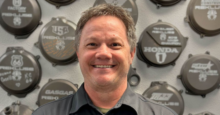


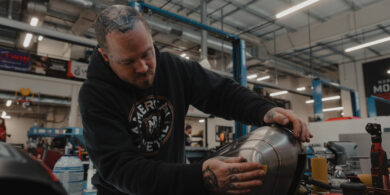
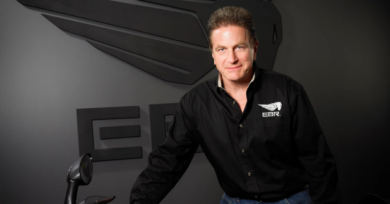
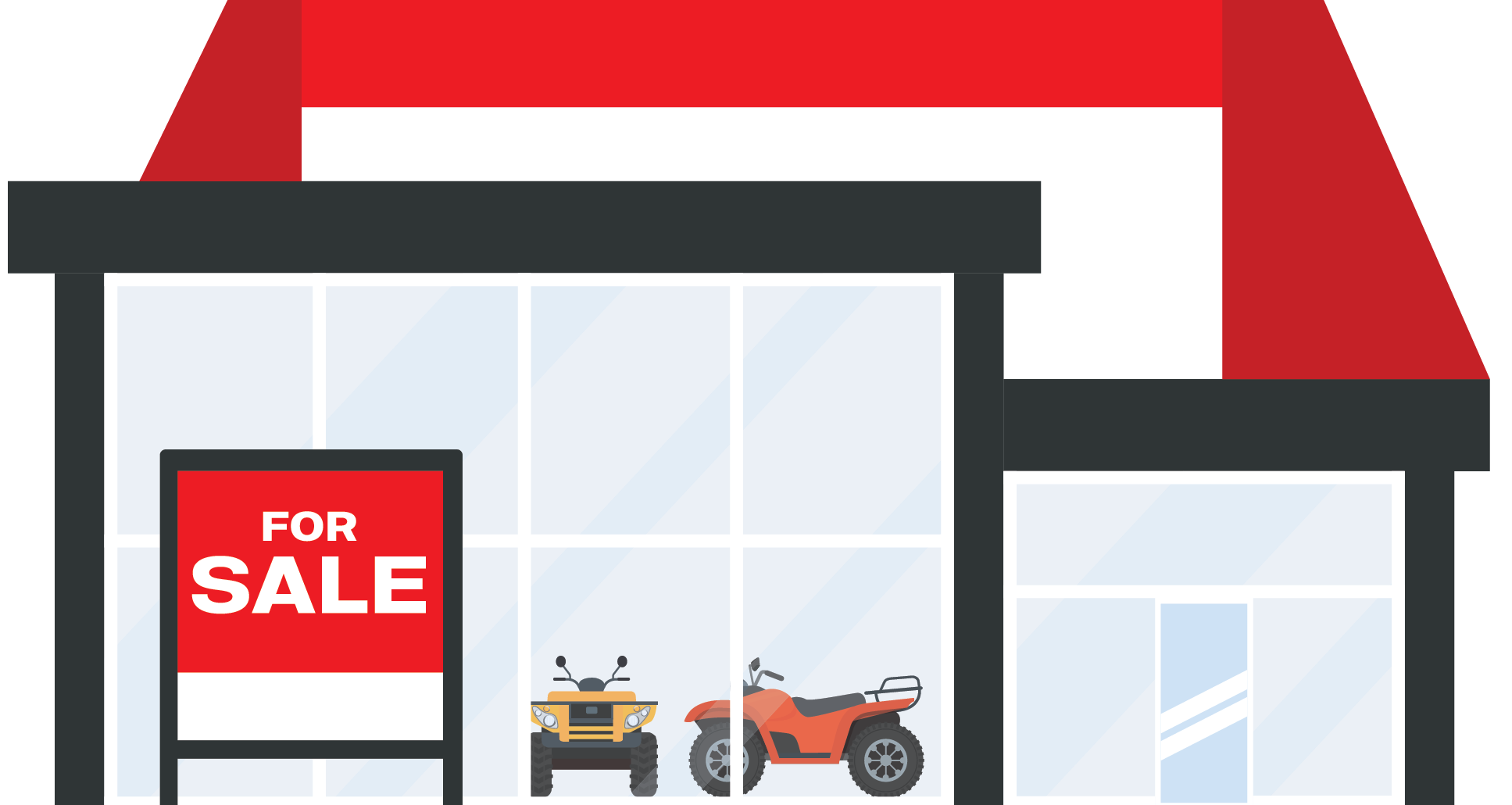
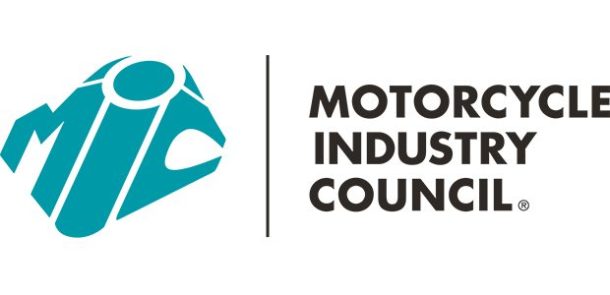
Road test vehicle before working on it QUALIFY BIKE !!! NO cel phone or texting while working !!! Qualify work with Mgr and client !! So much wasted time today with younger people {35 and down } who need constant contact on smartphones !!! TIME CLOCK AND WORK ORDERS PUNCHED . I want competent “mechanic please” Leave credentials home and just LISTEN to client and mgr and get work DONE in timely efficient fashion . This is not a union shop !! We are ready to eliminate help and problems with high cost of business , no more bolt on aftermarket junk and just supply quality hard parts not easily available on NET . I am not only small shop with a large investment that is prepared to downsize . OE parts are harder to come by and we have same clients for 40 + years , Look how many small shops have closed in last 15 years . Many of us do not want to compete with the net
Great comments Norman. I tried to stick primarily to technical traits in this blog and your additions fit nicely into desirable work habits and work ethics. I admire folks like yourself who are challenged every day with obstacles to your success. Keep up the good work and know that you are very much appreciated.
One solution to employee cell phone use and smoking that dealers have instituted is to limit those activities to two official work breaks and one lunch break per day.
Well said – especially #1!